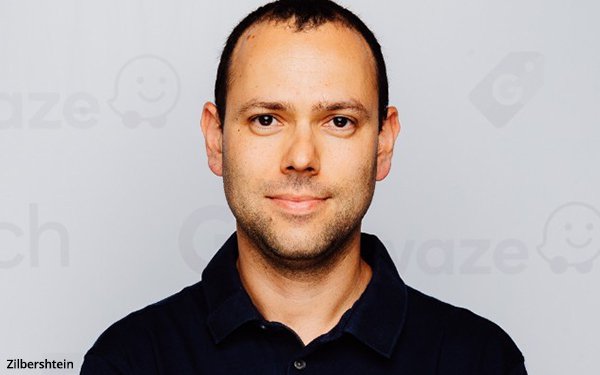
Determining a customer’s worth has never
been an exact science for any company -- mainly because spreadsheet methods are prone to errors that lead to gaps in reporting processes.
The introduction of agentic technology and AI
agents has helped to mine real-time data that can help to predict a customer’s worth within hours of their first interaction.
The technology models signals and network responses.
If the network reacts unexpectedly, the company must decide how to handle the signals, according to Tzahi Zilbershtein, who led solution engineering at Google Ads in EMEA.
He
left Google recently to become chief technology officer at Voyantis, the predictive growth company that marketers use to identify and acquire customers.
"We're looking for more data that
could not be found without using AI," Zilbershtein said, adding that this type of predictive technology is complicated to solve.
advertisement
advertisement
I asked a question that can be used in mapping the
future of advertising and media buying: what types of data are companies not mining that might predict everything from ad targeting to future purchases?
At Google, Zilbershtein pioneered
the integration of first-party data into Google Ads to optimize marketing budgets, establishing the foundation for predictive LTV optimization -- the process of using machine learning and historical
data to forecast a customer's future value, which major brands rely on today.
Zilbershtein said he discovered a love for technology at age six. He said he identifies most with the
fictional character Superman because of the character's ability to navigate quickly between tasks, and to help people accomplish tasks.
Zilbershtein, who went to university to learn physics,
enjoys solving complex problems.
Budgets are expected to remain flat at 7.7% of company revenue, with 59% of CMOs reporting insufficient budget to execute their strategy, according to Gartner's 2025 CMO Spend Survey. Findings suggest that as paid media costs rise, brands are turning to predictive strategies to optimize performance with existing budgets.
Zilbershtein brings more than 20 years of experience leading engineering teams to solve business problems. Now he will support Voyantis in its next phase of growth. His focus will be
scaling the platform's infrastructure, expanding product capabilities across new use cases, and reducing the time it takes for a customer to begin realizing the benefits of the products.
Startups are the fish that swim against the flow of water in a tide. They take risks such as drowning, and may go after a dangling lure to take a shortcut or try another approach. When they are
smart enough to innovate, something special emerges when they prove their worth to survive.
Zilbershtein's appointment follows Voyantis's recent Series B funding
round and reflects growing market demand for predictive solutions based on AI.